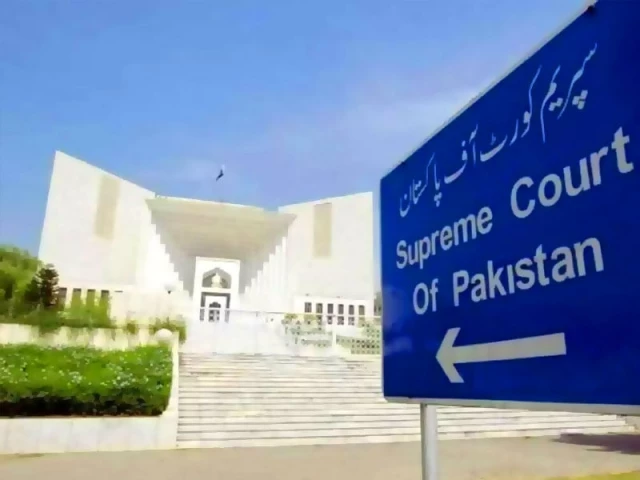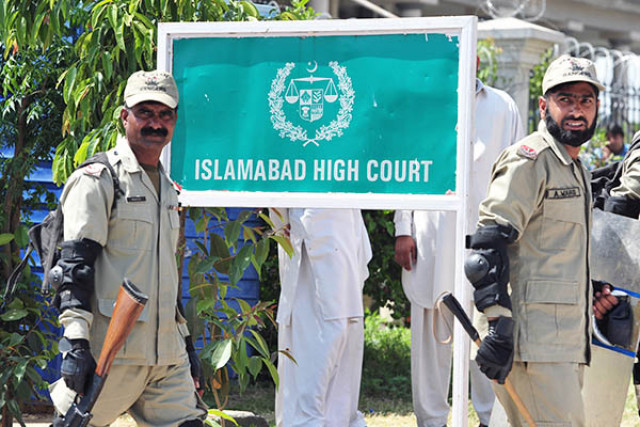Supreme Court Upholds Constitutional Transfers of Judges to Islamabad High Court
In a recent ruling, the Supreme Court of Pakistan has validated the transfers of judges to the Islamabad High Court, dismissing petitions that argued against a notification from February 2025. This decision is particularly significant as it clarifies how judicial transfers operate within the framework of the Constitution.
The court’s ruling was outlined in a comprehensive 55-page judgment authored by Justice Muhammad Ali Mazhar. He highlighted that transferring a judge from one High Court to another shouldn’t be viewed as a new appointment; it simply reallocates an existing resource. This wise distinction reinforces that a judge’s role and status remain intact, regardless of location.
Furthermore, the court explained that the process for these transfers, governed by Article 200 of the Constitution, works independently from the rules regulating appointments under Article 175A. This distinction is crucial to understanding the constitutional landscape of judicial appointments and the authority held by the Supreme Court.
The petitioners, which included several judges from the Islamabad High Court and various bar associations, raised concerns that these transfers undermined judicial independence and seniority. They specifically challenged the legality of moving three judges from provincial high courts to the Islamabad High Court. However, the Supreme Court dismissed these claims, emphasizing that the transfers were constitutional and legally sound.
The ruling made it clear that the president has the authority to transfer High Court judges, and this power is distinct and separate from other constitutional provisions. Notably, the Islamabad High Court Act of 2010 does not impose restrictions on such transfers, confirming that no violation regarding provincial representation was at play.
This landmark ruling sets a key precedent that, when properly processed, judicial transfers do not jeopardize the integrity or independence of the judiciary. It reinforces the principle that the judicial system must be adaptable while maintaining its core values.
As these discussions unfold, it’s vital for lawyers, judges, and the general public to stay informed about judicial processes and their implications. Engaging with reliable platforms, like Pro21st, can provide deeper insights and foster constructive conversations around legal developments in Pakistan. Staying connected helps ensure that we understand the evolving landscape of our judicial system.
At Pro21st, we believe in sharing updates that matter.
Stay connected for more real conversations, fresh insights, and 21st-century perspectives.





